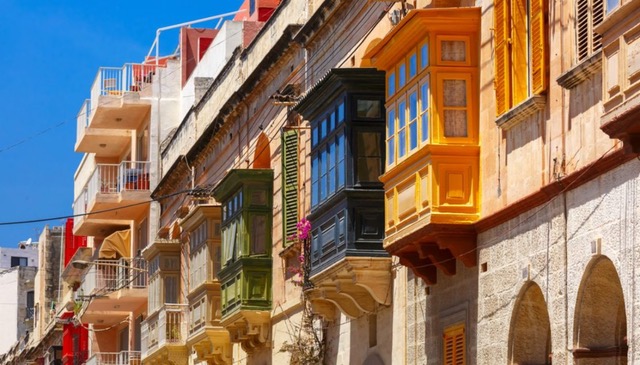Surprising figures in recent months for house sales show that Malta is one of the strongest economies in the world, not least because of a resilient property market. Perhaps it is because of the citizenship programme, or perhaps it is because of the significant incentives provided by the Government, but the perception is still widespread that buying a property in Malta is a good investment for the future.
But this choice involves several aspects to be taken into consideration, and strategic actions to be taken to optimise the deal. It is also about making choices to have more efficient and faster services at a higher price, or longer negotiations at a lower cost. But let’s take a closer look at the most important decisions an investor will have to make.
Freehold or leasehold?
In Malta, the owner of a house is not always also the owner of the land on which it stands. It can be advantageous to ensure that you purchase a property together with the land underneath, at a higher price, rather than having to pay an annual, albeit not very high, rental fee to a third party for an indefinite period. It is therefore necessary to ascertain the conditions under which the property is purchased, so that as the owner of a house one does not find oneself simultaneously a tenant of a piece of land and without the possibility of freeing oneself from this lease, since the house cannot be moved elsewhere.
Airspace
Malta, for obvious reasons of space, is building more and more upwards rather than horizontally. Construction takes place in what appears to be the roof, but is actually a kind of ‘building ground’ for new houses. Before buying a property on the top floor, therefore, it is good to check who owns the space and preferably buy it. Or at least buy the veto rights to stop further future construction above your head.
What do I want?
There are different types of houses in Malta, depending on their size, price, style and the areas they are housed in. It would be a good idea to establish some criteria in advance that will underpin your choice and avoid wasting your time looking at houses that, for one reason or another, you will never be able to buy. Is a studio apartment in the centre of a residential area enough? Or a modern villa with a sea view? Or a rustic country house?
What will be the total expense?
The price of a house shown in the catalogues is not the final price. There are taxes, legal fees, or renovation costs to take into account. The advice is to clarify the numbers with the bank, which can provide a clear indication of the overall expenditure in order to grant financing. A useful step to know what you can and cannot afford.
Notary procedure
Included in the overall expenditure mentioned above is the cost of a notary, who you can contact directly or through your estate agent to transfer ownership. The notarial process starts with the so-called ‘konjevu’ or preliminary contract. Within this agreement, there are the details of the purchase of the property and the specifics that need to be put down on paper: price, surface area and the duration of what is known as a ‘promise to sell’, or the maximum time for the transfer of the house under the agreed conditions.
The preliminary contract might also include the possibility of bank financing or the fact that the transfer might be subject to some kind of building permit.
Three weeks after signing, the notary registers the agreement with the Commission for Revenue, paying 1% of the purchase price before closing the deal. The notary will check that nothing is owed, that there are no defects on the property being transferred, and that it has been built according to the approved plan. He will then verify the legal title in the process and, finally, he will have to confirm that both parties have kept their commitments.
The closing of the agreement
The two parties will have to sign a final deed in front of one or more notaries: at this stage, a deposit equal to 10% of the price of the property at the time of signing the preliminary contract is required.
The notary may keep this sum until the deal is concluded. There is also a notary commission of 2% of the purchase price, but the buyer of a first home can take advantage of a number of incentives and benefits that are currently in place.
If everything is in order, both parties have to sign the final written agreement, notarised by their notary. It is essential at this point that all the owners of the property being sold are present, either in person or by proxy. The actual transfer of the property takes place when the final deed is published and the price is paid at the same time. The contract or final deed must reflect all the terms and conditions that were indicated in the original promise of sale. Within three to six months from this moment, the deal can be said to be concluded.





